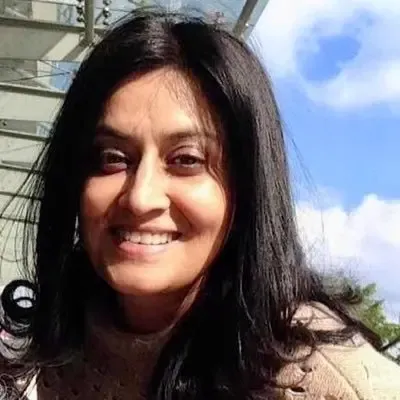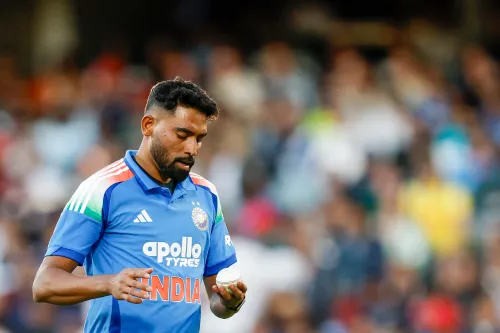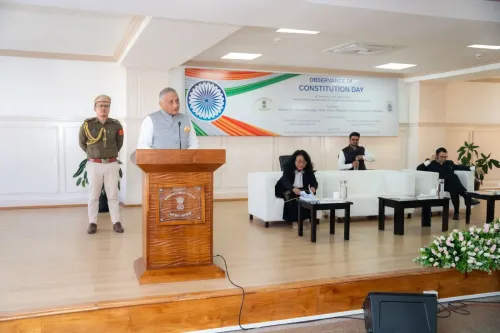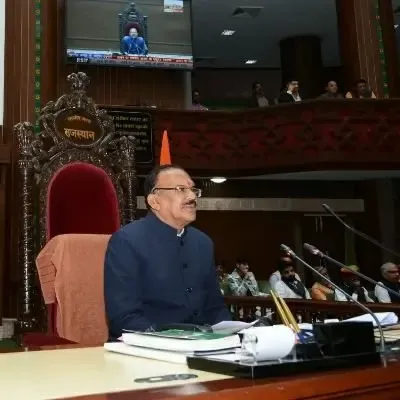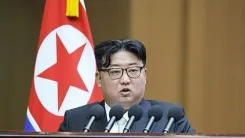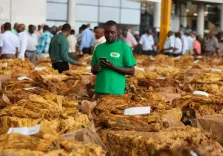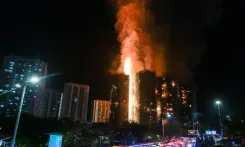Is There a Setback for Trinamool MLA as a Murshidabad Farmer Rejects Land for Babri Masjid?
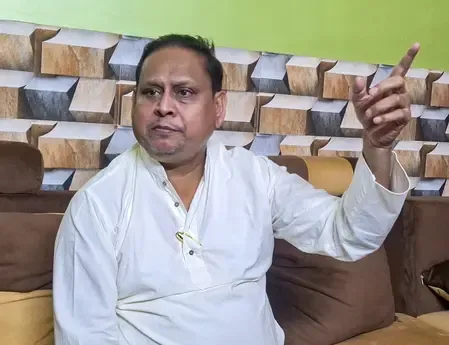
Synopsis
Key Takeaways
- Farmer refuses to sell land for Babri Masjid construction.
- Tensions rise as MLA vows to proceed with plans.
- Conflict highlights local vs. political interests.
- Date of December 6 holds historical significance.
- Community responses are crucial in shaping outcomes.
Kolkata, Nov 26 (NationPress) A farmer from the Murshidabad district declared on Wednesday that he would not sell his land nor permit anyone to erect the Babri Masjid on it.
This announcement follows the statement made by rebel Trinamool Congress MLA Humayun Kabir, who had plans to lay the foundation stone for the Babri Masjid in Beldanga, Murshidabad on December 6.
The land in question belongs to a farmer named Tajimuddin Chowdhury, also known as Milon, who resides in Beldanga and possesses around 4 acres of land.
In communications with the media, Tajimuddin expressed his firm stance against selling the land, emphasizing that he does not wish for a Babri Masjid to be constructed there.
Despite his refusal, preparations for the foundation stone ceremony are underway on his property. The farmer has commenced work to delineate the boundaries of his land, declaring that no one will be permitted to enter.
In response, the MLA issued a challenge, stating he would be willing to sacrifice his life to ensure the Babri Masjid is built.
"There are numerous locations in Beldanga. The foundation stone will be laid on December 6. No force can prevent this. Maintaining law and order in the district is not solely my responsibility. If necessary, a conflict will ensue," he asserted.
Humayun Kabir also voiced his frustration at fellow Trinamool MLAs Hasanuzzaman Sk and Rabiul Alam Chowdhury, who represent Beldanga and Rejinagar constituencies, for not supporting him in the construction of the Babri Masjid.
It is notable that Kabir had previously called for the laying of the foundation stone on December 6, coinciding with a gathering in Kolkata where West Bengal Chief Minister Mamata Banerjee and Trinamool Congress general secretary Abhishek Banerjee will address attendees on the anniversary of the Babri Mosque demolition in Ayodhya, Uttar Pradesh on December 6, 1992.
On that day, Mamata Banerjee and Abhishek Banerjee will participate in the 'Samhati Diwas' (Unity Day) rally in Kolkata, aiming to promote a message of unity and communal harmony amidst the Special Intensive Revision (SIR) exercise in West Bengal.

